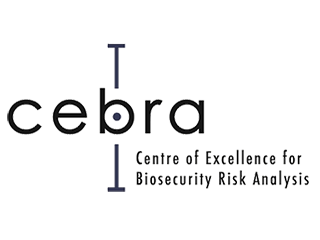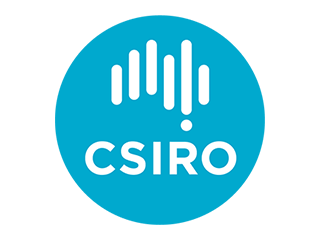Data & analysis
Explore extensive ecological, environmental, and climate datasets, build models, and analyse results efficiently. The Biodiversity and Climate Change Virtual Laboratory (BCCVL) will offer improved speed and usability within the EcoCommons platform.

Explore
Species occurrence and trait data
EcoCommons’ Data Explorer provides access to, visualisation of, and the ability to download occurrence records from four major databases:
- Atlas of Living Australia (ALA): Hosts over 100 million occurrence records of Australian species;
- Global Biodiversity Information Facility (GBIF): Contains over 1.8 billion occurrence occurrence records of species worldwide.
- TERN EcoPlots: A database with site-based survey data.
- Ocean Biodiversity Information System (OBIS): Contains over 79 million occurrence records of marine species.
Environmental and climate layers
EcoCommons provides access to thousands of terrestrial environmental layers, as well as some marine and freshwater datasets. Visualise, download, or utilise these layers to support your research.
For studies involving potential future climatic conditions, EcoCommons offers climate projection layers. Access thousands of annual climate layers, generated using various climate models and greenhouse gas emission scenarios, covering the period from 2015 to 2085.
Build
With EcoCommons, we save you time by providing data, models and an online workspace so you can concentrate on the really exciting stuff – the science. As our data library grows, you will be able to easily find data, run your analysis in an easy point-and-click environment, and validate your results. If you are looking to test your coding skills you will have the freedom to code your own ecological analysis in R or Python on the cloud.
Experiments supported within EcoCommons include:
Species distribution models (SDM)
Multi-species distribution models
Migration models
Species trait models
Ensemble models
Climate change SDM projection models
Biosecurity risk mapping
Generalised dissimilarity models
Collaborate
You can choose to work in your private workspace or invite colleagues to join you.

Our partners











- EcoCommons Australia partners with the Australian Research Data Commons (ARDC), which is supported by funding from the National Collaborative Research Infrastructure Strategy (NCRIS) https://doi.org/10.47486/PL108.

